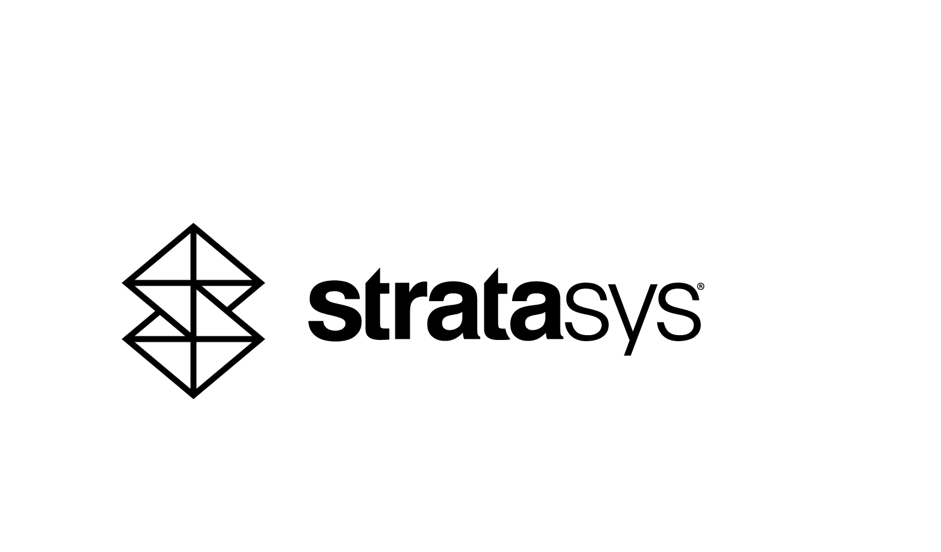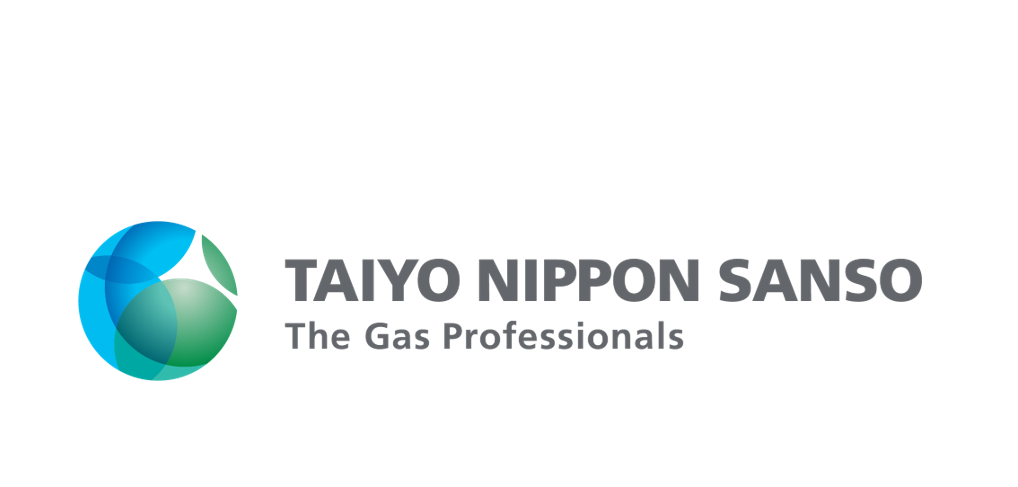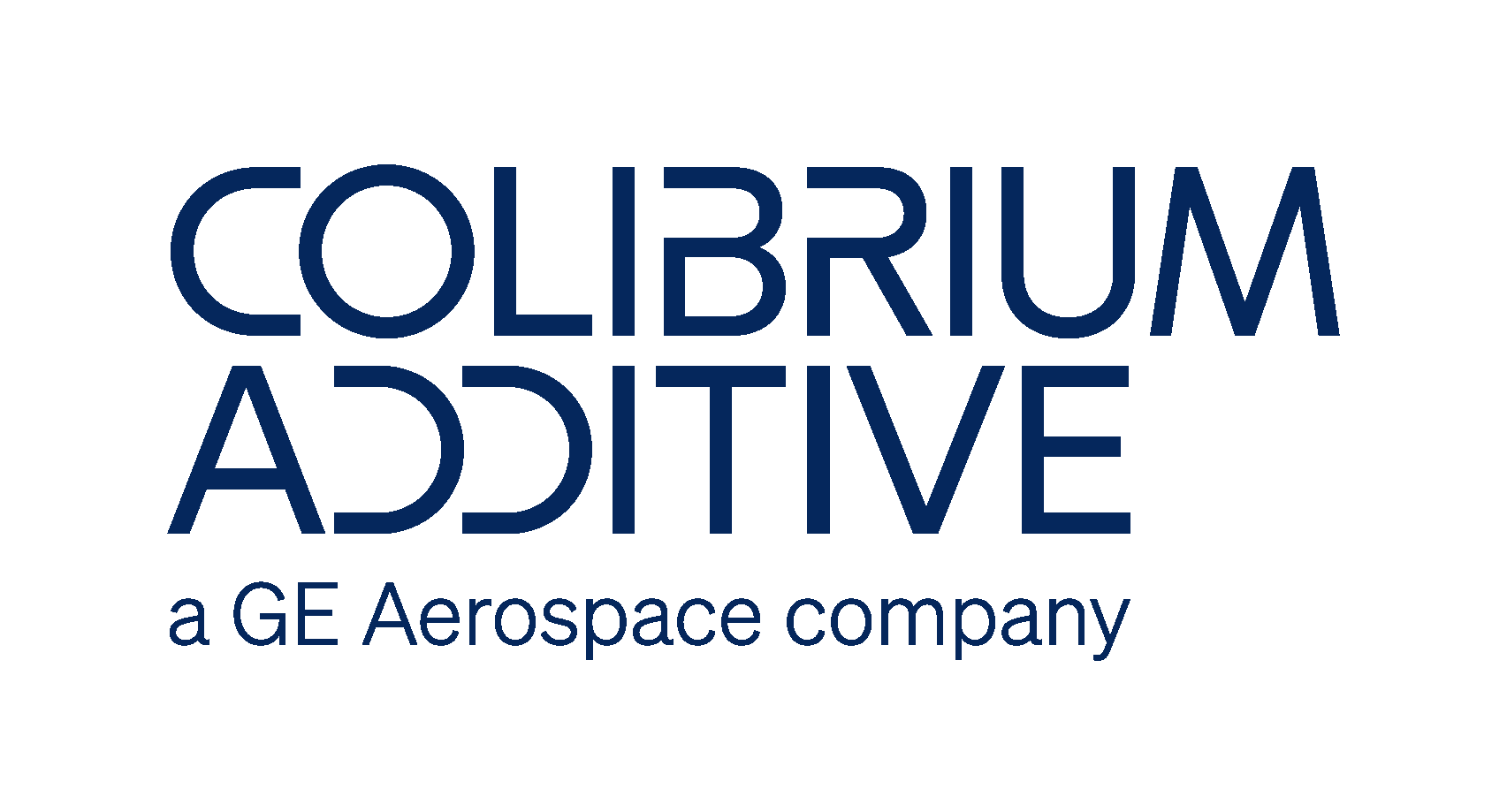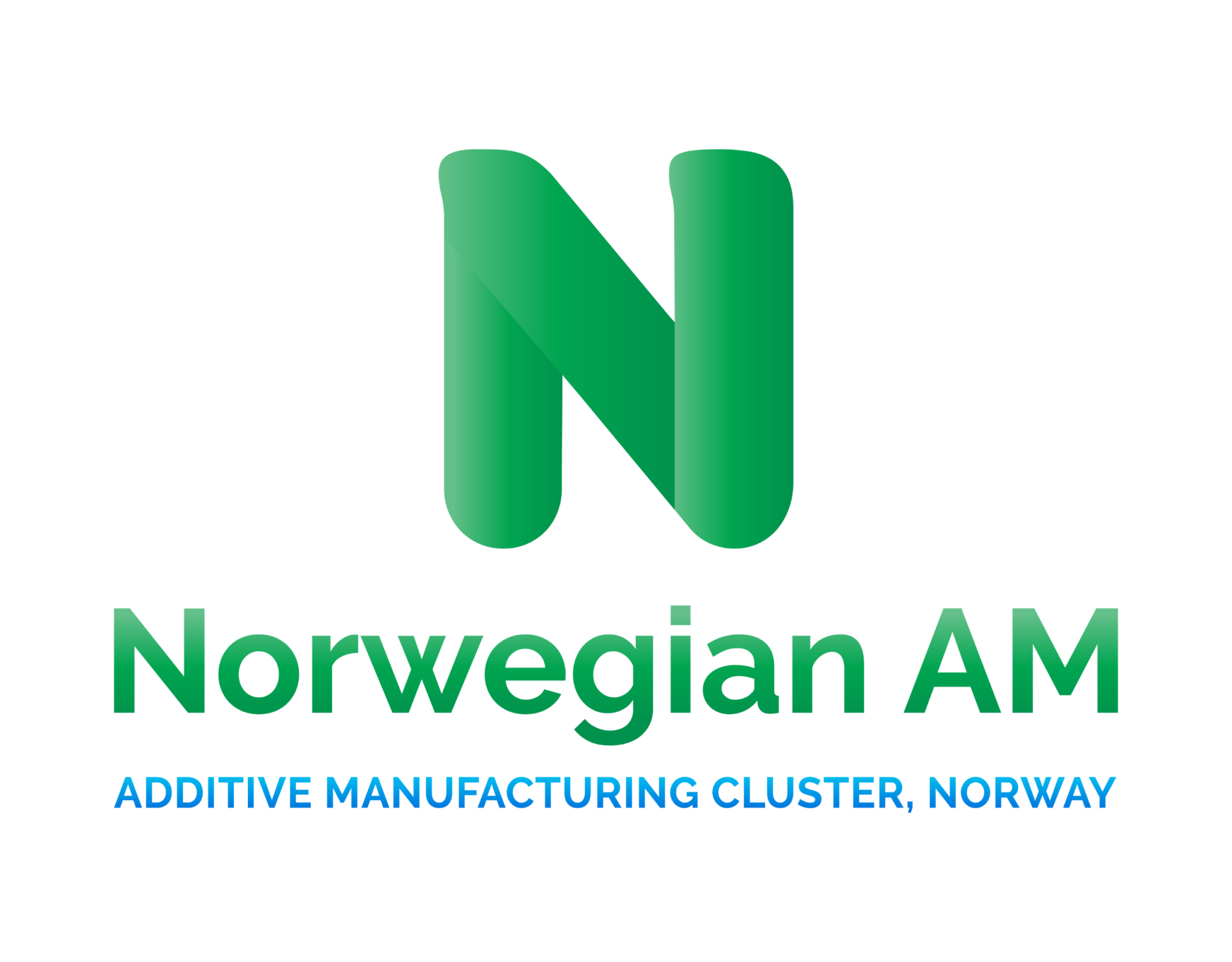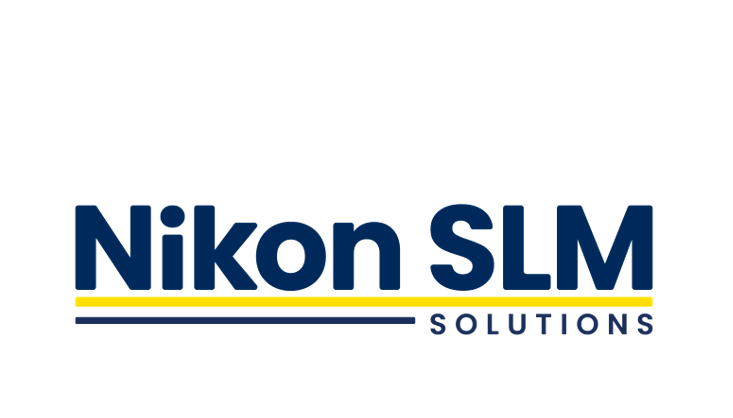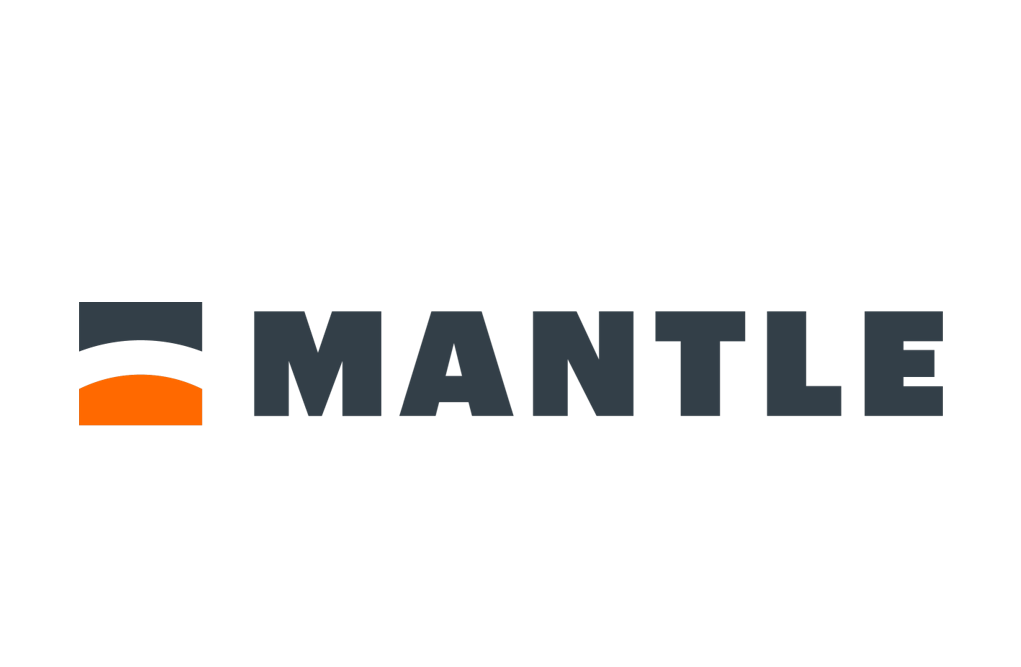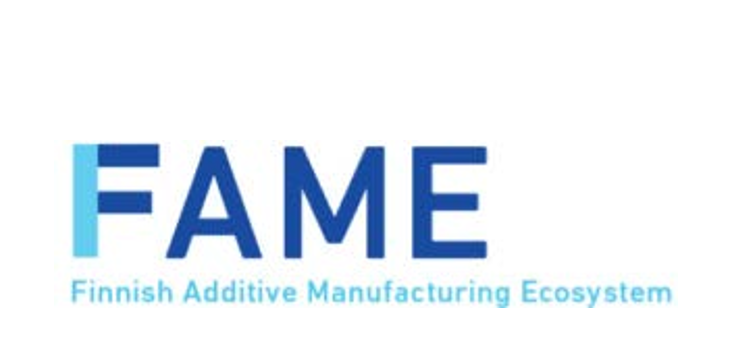February 18, 2025 Sustainability Expert Insights with Industry Expert Ranier Lotz.

Welcome to Episode 7 of the Sustainability Expert Insights interview miniseries, featuring EMEA President of Renishaw, Rainer Lotz.
Renishaw, a leading manufacturer of industrial metrology, manufactures compact additive manufacturing machines. One major hurdle to the adoption of additive manufacturing technology is cost. Renishaw tackles this challenge by offering customer-tailored solutions that help lower costs, improve material use, save on resources, and increase competitive advantages. These savings promote and support sustainable business practices.
This nine-part series, produced in collaboration with MANSUS, continues to highlight the advantages of additive manufacturing and showcases AMGTA members’ contributions to shaping a more sustainable and profitable future. Catch up with series episodes HERE.
Creating Added Value
When choosing the best additive manufacturing (AM) technology, one must “be very strict and only use AM technology where you will have visible and measurable added value,” advises Rainer. Choosing the right parts and products that are highly productive is key to achieving lead time cost savings, added functionality, and a reduced carbon footprint.
Compact Systems
Renishaw manufactures high-performance compact machines that use metal powder bed fusion. These compact machines produce a smaller carbon footprint and increase productivity without sacrificing factory space. At Formnext’s 2024 Expo and Convention, Renishaw displayed the two laser RenAm 500D. This dual-laser AM system offers flexibility, increased speed, productivity, lower costs, and consistent high-quality parts production.“It is quite interesting because the two-laser system, the way we control the laser, it is actually three times as fast as the single-laser system. Productivity is very important to become sustainable,” said Rainer.
Additive Manufacturing for Greater Design Complexity
Renishaw’s additive manufacturing (AM) technology was selected to produce highly efficient hydraulic valves. Production of these valves would not be possible with traditional manufacturing processes due to the design’s complexity. The company is focused on creating quality products that are also cost-effective. By utilizing Renishaw’s AM technology, the customer was able to create a lighter and more efficient hydraulic valve with a lower carbon footprint and cost.
Renishaw’s products are also being used to improve the productivity and energy efficiency of automotive components and medical products. Two examples are the increase in productivity measured in the creation of a Tibial Tray and the Automotive Components. A 50 % increase in productivity has been measured in building the trays, and a 70% more productive system has been observed in the automotive components, providing a measurable competitive advantage.
The Importance of Exchanging Information Through Collaboration
Rainer shared that being a member of a wider group is crucial for exchanging ideas, and best practices, and learning from each other to quickly improve. Companies are busy working, so it is important to have an external entity that offers a platform to come together, agree on common goals, and generate additional value around sustainability.
“Discussing carbon footprint is necessary but there are other questions of sustainability. How do we deal with our workforce? Is it a sustainable organization that allows for people to have a good, long, and productive life on the shop floor? Also, from an economic scale perspective, it has to be right. The learning curve needs to be quick, but also affordable, and then, together, we can achieve results where sustainability is not only visible but measurable,” stated Rainer.
Follow the complete series on our website or the MANSUS YouTube channel.





